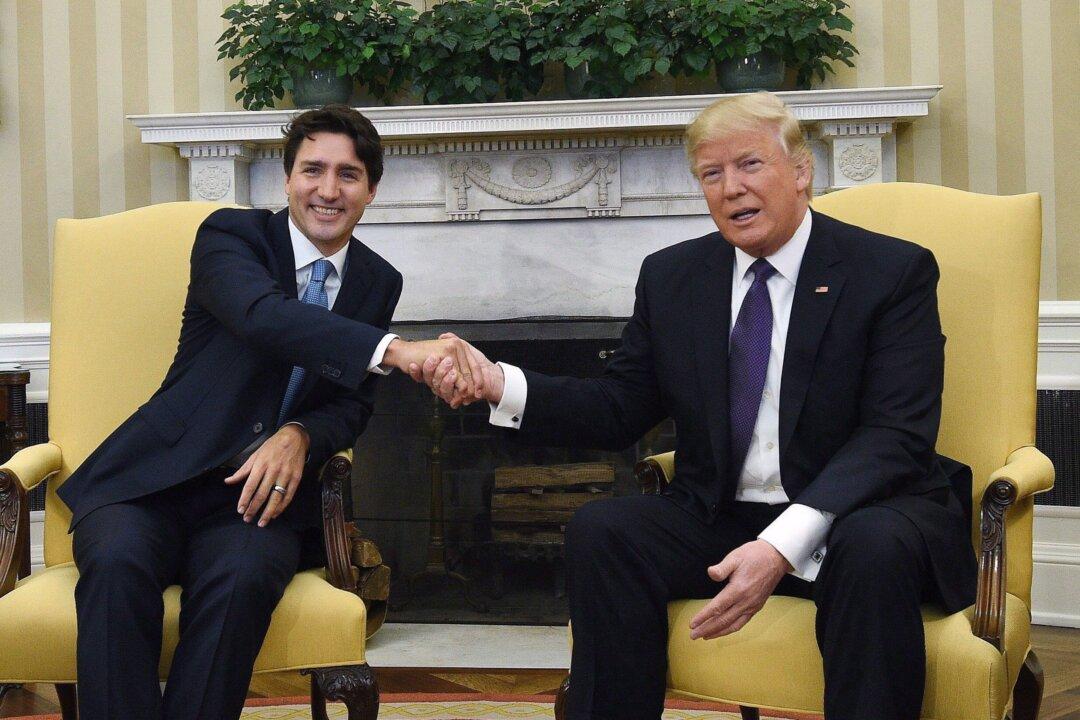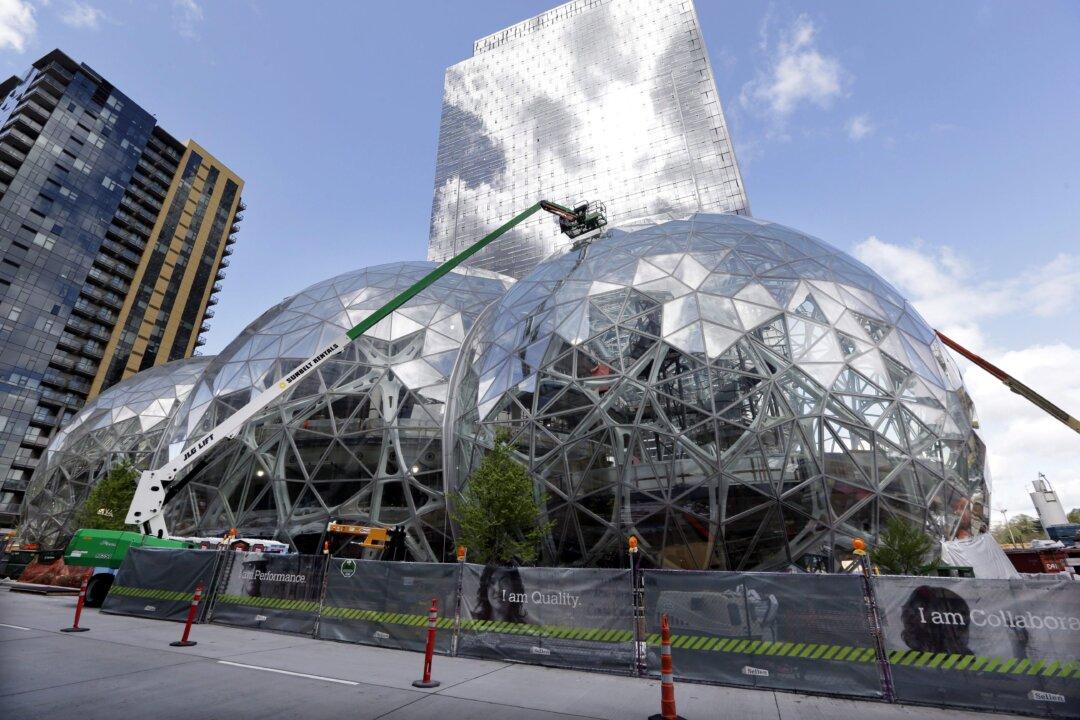Mixed messages coming from south of the border means where the chips will fall in trade talks between Canada, the United States, and Mexico is changing by the day.
In the latest development, a new Buy American provision would stop roads and bridges in the United States from using Canadian materials. This comes less than a week after Congress backed down from taxing all imported goods.
When the talks begin in earnest on Aug. 16, Canada will face more than one demand that the Trudeau government won’t budge on, according to international trade lawyer Mark Sills of Toronto-based Sills Egsgard LLP.
“It’s become fairly clear that, while Canadian officials were led to believe—by the American president himself as well as some of the officials—that initially this was only going to be a tweak in NAFTA, when you read the summary of the specific negotiating objectives, this is more than a tweak,” Sills said, referring to Washington’s Summary of Objectives for the NAFTA Renegotiation released July 17.
“This is a fairly broad review of some of the very basic principles and provisions of NAFTA itself.”



